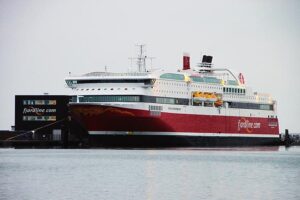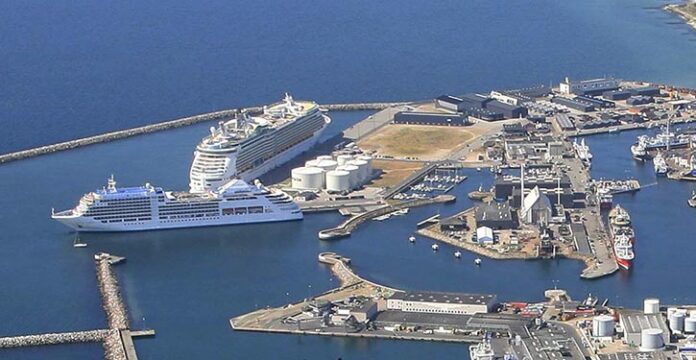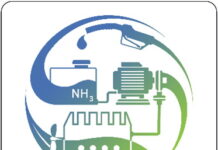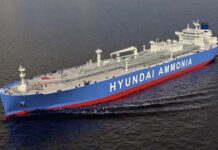Danish news media Politiken reports “…that there is currently tourist season for cruise ships and therefore also high season for pollution stemming from cruise ships in the cities surrounding the waters. Shore power could be the solution that would reduce this pollution, but it would be too expensive to establish, according to experts in the field”.

Copenhagen is the preferable destination in the Baltic region for larger cruise ships, and this causes problems for the quality of the air in the city. The ships have to keep the auxiliary engines running in order to produce electricity which leads the pollution to be 25 times higher over the city by onshore wind when the cruise ships arrives at dock, says Kåre Press-Kristensen, Senior consultant at the Ecological Council to Politiken.
Installing shore power stations could prevent this, but they are far too expensive. „Establishing them will cost 74 million Danish kroner for each dock station, and Copenhagen has 8 of them. This would cost approximately 600 million kroner „says Claus Bødker, Cruise Director in Wonderful Copenhagen
Denmark currently only has one shore power station that delivers power to the ferry that sails between Hov and Samsø, while cruise ships in Europe only have the option of getting onshore power in Hamburg, but only a few ships have the equipment of getting power through this fashion.
The Danish supplier of onshore power installation, PowerCon, points out that the Norway is focusing heavily on shore power stations. „There are more than 100 onshore power stations, and now there is also one for cruise ships in Kristiansand Harbor,“ says Peter Castberg Knudsen, director of PowerCon.
Another problem is that the arrival of cruise ships in ports is regulated by IMO, and there has not been set any rules nor regulations in this field. Therefore harbors cannot refuse the arrival of ships that does not operate on shore power, Politiken writes.
Therefore, the realistic soultion to reduction of pollution stemming from cruise ships is that more of them will use Natural Gas in the future, which is a cleaner fuel.




